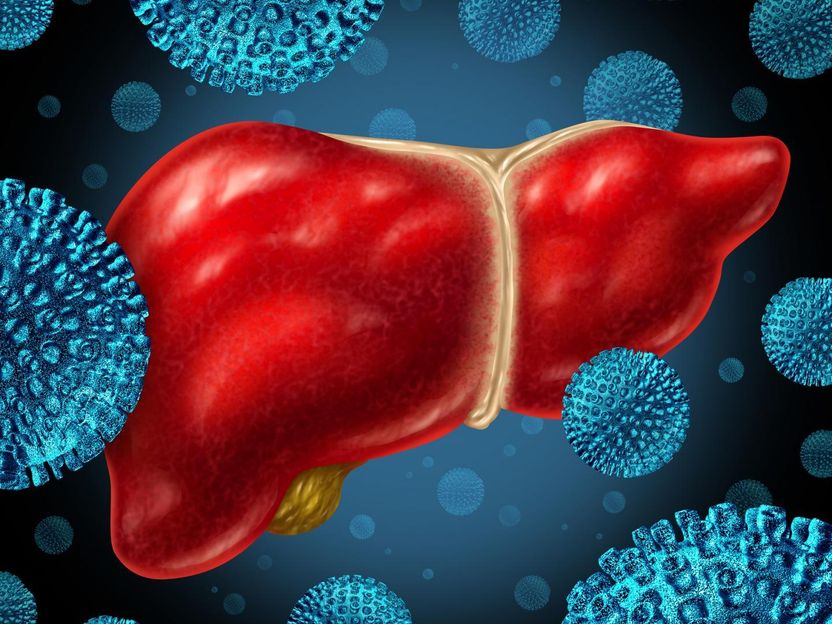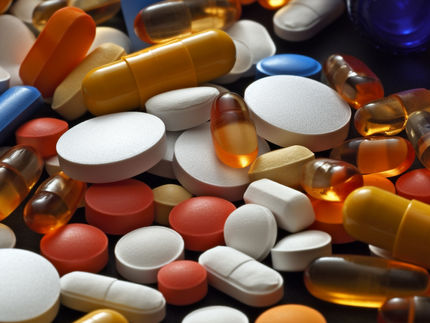Espicom predicts that leading global generic drug markets will grow to US$221 billion by 2016
According to a new Espicom report, The World Generic Market Report, the global markets for generic drugs will continue to grow despite cost containment pressures from health payers in many markets.
While the generic market will grow overall, distribution will vary. Growth in the USA is the most obviously impressive, which the report estimates will rise to US$104.1 billion by 2016, due to expiry of patents on major drugs such as Lipitor and Zyprexa, increased pressure for generic use from Medicare drug plans, and the gradual emergence of the biosimilar market.
Elsewhere, government efforts to promote and reward expanded generic use should continue to pay off, notably in France and Japan. The Swiss market is also performing strongly, although it is limited in size by the country's small population. Not all will do so well principally due to price cuts in the face of the economic downturn; this can be specifically seen in the Eurozone economies, even Germany, where drug tendering is having a major effect on prices. To a lesser extent it is also the case in the UK, which has one of the most competitive generic markets in the world.
The response in the generic industry has been to continue to pursue growth through merger, acquisition, and, increasingly, collaborative working with the branded industry. 2011 saw Teva acquire Cephalon among other companies, Watson continued its expansionist drive with the purchase of Arrow Group and new acquisitions of Specifar and Ascent Pharmahealth.
Equally interesting has been the activity around the branded and generic companies. Valeant Pharmaceuticals was active with its acquisition of Sanitas Group while Pfizer, previously no friend to the generic sector, has struck deals with Aurobindo, Claris Lifesciences and Teuto in Brazil.
Andrew Crofts, senior health analyst at Espicom and the report’s co-author comments “The generic drugs business is being squeezed. The effects of the recession have put pressure on prices that were, in any event, marginal. In the future the increasing number of biosimilars losing patent protection will only offer potential to a relatively small number of companies who have the time and resources to leap the regulatory hurdles. The trend towards a rationalised market more in step, rather in court, with the branded industry is set to continue”.
Most read news
Other news from the department business & finance

Get the life science industry in your inbox
By submitting this form you agree that LUMITOS AG will send you the newsletter(s) selected above by email. Your data will not be passed on to third parties. Your data will be stored and processed in accordance with our data protection regulations. LUMITOS may contact you by email for the purpose of advertising or market and opinion surveys. You can revoke your consent at any time without giving reasons to LUMITOS AG, Ernst-Augustin-Str. 2, 12489 Berlin, Germany or by e-mail at revoke@lumitos.com with effect for the future. In addition, each email contains a link to unsubscribe from the corresponding newsletter.
Most read news
More news from our other portals
Last viewed contents
Two international experts (Laszlo Hegedüs MD and Geoffrey Block MD) join Theraclion's Board of Directors
Thermo Fisher Scientific and George Mason University Partner in Protein Biomarker Research Project - Collaboration Aims to Accelerate Verification and Validation of Protein Biomarkers for Earlier Disease Diagnosis and Therapeutic Efficacy
First Patient Dosed in Phase II Clinical Trial for BioInvent's Cardiovascular Drug, BI-204 - Trial start triggers US$ 15 million milestone from Genentech





















































